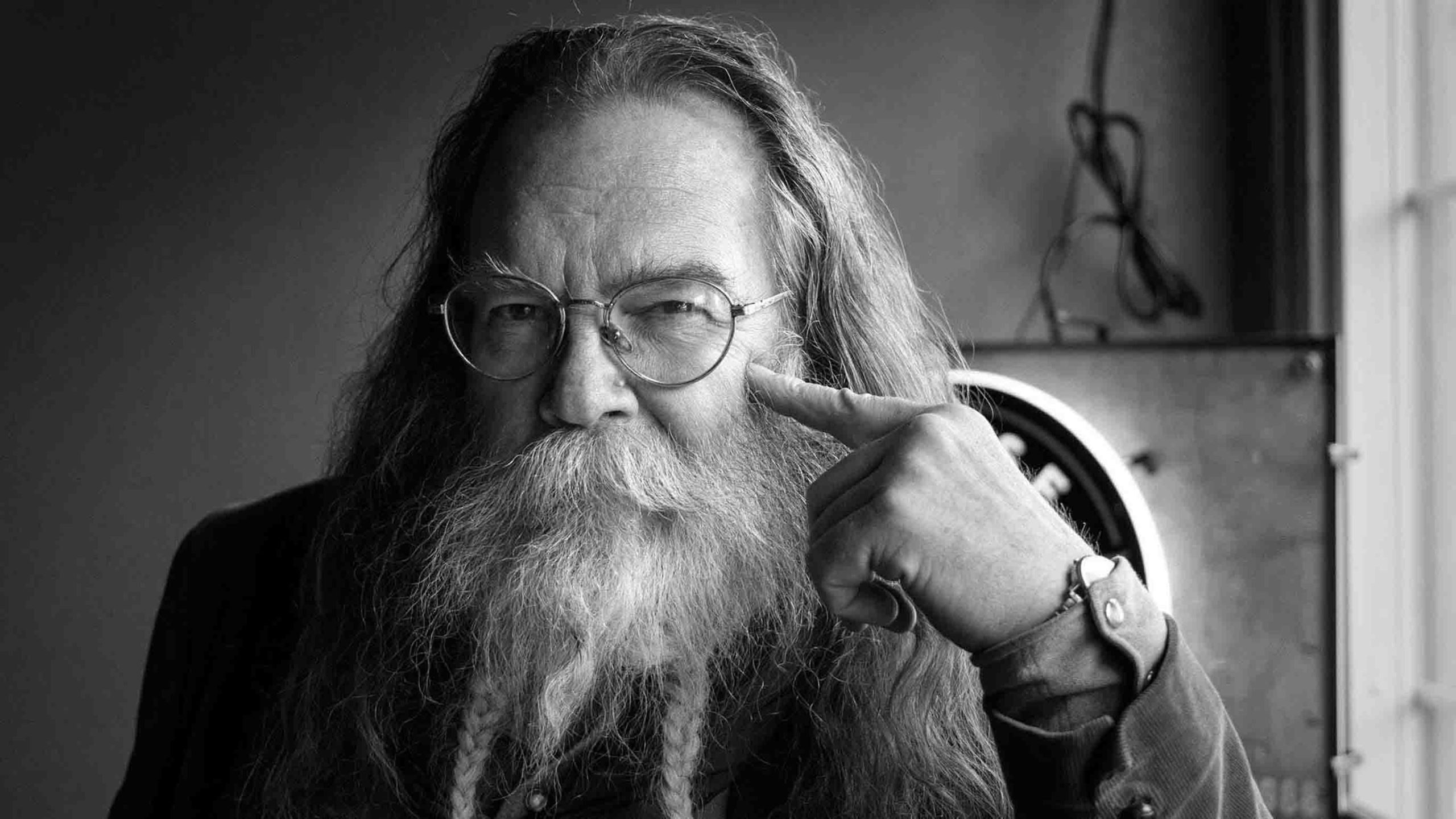My son Vic’s AI-assisted campaign for Cheyenne’s mayor has a lot of folks scratching their noggins. Count me in that crowd.
Anything new or unknown creates fear among humans. That’s instinctive and healthy. And it's pretty obvious that a lot of folks fear AI and all that it portends.
That same fear is the instinct that all of humanity’s explorers and innovators had to overcome before they took their first step into Terra Incognita, where there may be dragons. We follow in those first steps and reap the fruit of their exploration every day.
Still, it's hard to look dispassionately and objectively at something that we consider a threat to our comfort. History is full of examples of humans pushing back against change that they didn’t understand, particularly if that change comes from the world of machines.
Yet, here we are...living in a world dominated by machinery and, for the most part, loving every minute of it.
Maybe we need to consider AI just the next logical step in the progression from fire to gunpowder to windmills to steam engines to electricity to automobiles.
We humans have overcome our fear of machines, much to our benefit. Yet the fear of the unknown persists whenever a new invention is proposed. I guess that we fear being replaced.
In his Pulitzer-winning book, “The Soul of a New Machine," Tracy Kidder posits the axiom that every machine made by human hands contains within it something of the humans that made it. In that light, innovations are extensions of us, not replacements.
“Artificial Intelligence” is no different. It didn’t assemble itself; humans assembled it using tools and materials that are of human creation.
Allowing AI into our political life seems to give a lot of folks the vapors. But why should it? AI is already hard at work behind the scenes in much of our everyday lives. Why draw a line in the sand when it comes to governance?
I was talking to an amigo the other day, and he suggested that perhaps AI in politics could serve to unite us as a citizenry. I think he’s right.
If we gave the acrimonious job of sorting out political differences to AI, it would save us from the seductive trap of the ad hominem, angst-ridden rhetorical knife-fighting that besmirches politics today.
We could simply let AI argue with itself and sort things out while we go fishing and repair our friendships.
I’ve also heard grumblings the past few days from folks who worry that an AI-assisted candidate would make Wyoming look stupid.
To that I say that the times in the past when Wyoming has looked stupid to the rest of the world were not caused by machines, but by humans.
Since we can’t outlaw stupidity among humans, perhaps we can use AI to inject logic and reason into human decision-making.
No machine nor computer program has ever been or will ever be a panacea for human problems. But, from time to time, they have lightened our burden. From time to time, they have blown up in our faces, too. It all comes down to how we use them.
If AI or any other invention can improve human life, I’m all for it. I don’t feel threatened by it at all.
Richard Brautigan’s poem, “All Watched Over by Machines of Loving Grace” is the utopian view on the subject, but there is a dystopian outcome possible too, if we’re not careful.
It will only take our courage to try something new. To give it a shot to prove or disprove itself.
It will take that first step into Terra Incognita.
Rod Miller can be reached at: rodsmillerwyo@yahoo.com





